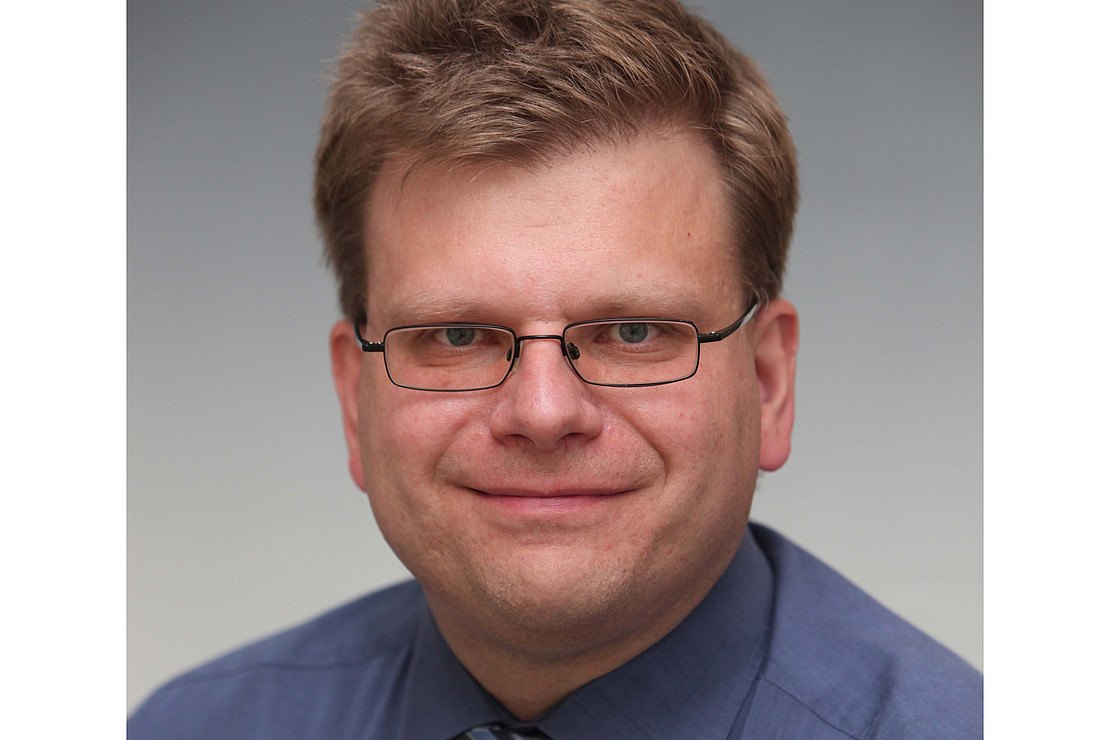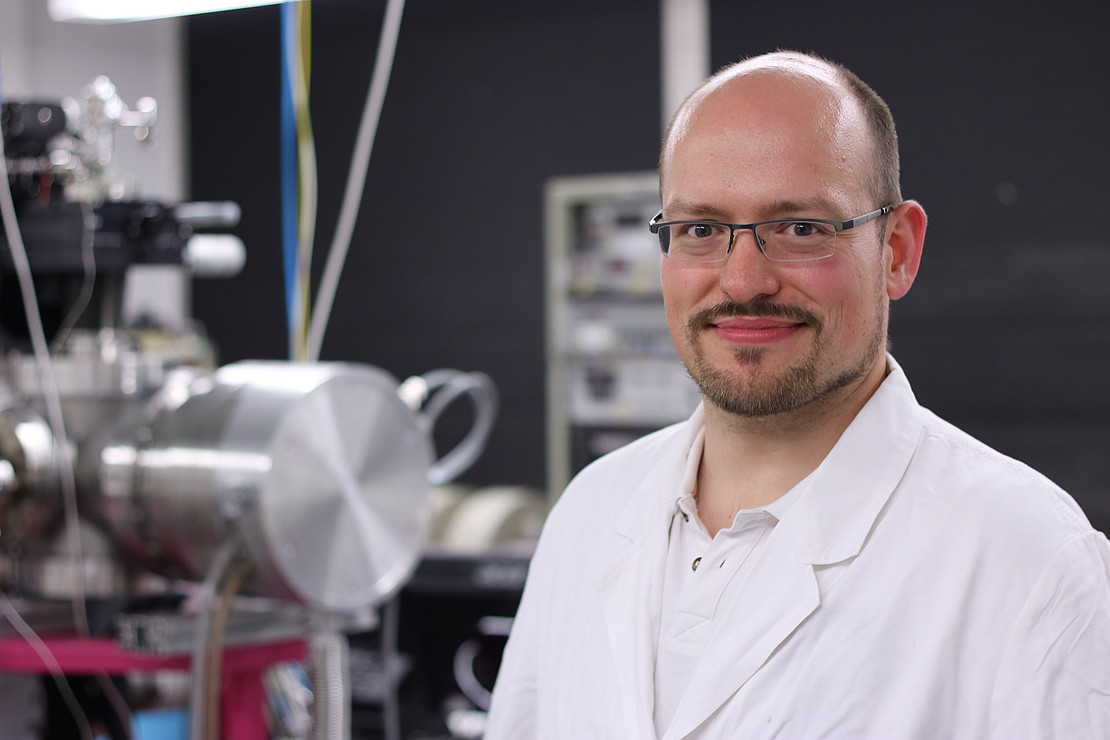This page contains automatically translated content.
A spectrometer for ultrafast experiments on X-ray lasers
 Image: University of Kassel.
Image: University of Kassel. Image: University of Kassel.
Image: University of Kassel.With ultrashort X-ray pulses, free-electron lasers (FELs) are able to study chemical reactions on an atomic scale in real time. However, generating such pulses is a complicated process. Variations in pulse duration, their shape, spectral distribution or irregular arrival times can occur. The laser pulses are therefore not "perfect", which makes precise analyses of chemical reactions difficult.
The goal of the SpeAR-XFEL project is to develop a method that characterizes individual pulses reliably and online. To this end, physicists from Dortmund and Kassel are developing a novel, so-called time-of-flight spectrometer. From the time-of-flight spectra, their temporal structure, polarization and energy will be evaluated extremely precisely and online for each of the ultrafast pulses using artificial intelligence in collaboration with computer scientists from Kassel. This new infrastructure will enable new scientific experiments that have not been feasible before and will strengthen Germany's leading role in X-ray free-electron laser (XFEL) technology.
On the part of the University of Kassel, Dr. André Knie, Institute of Physics, and Prof. Dr. Bernhard Sick, Department of Intelligent Embedded Systems, are involved in the project. The TU Dortmund University, on whose side Jun.-Prof. Dr. Wolfram Helml is leading the project, is in charge. The development of the novel detector is being carried out in close cooperation with experts from the Helmholtz-Zentrum Berlin (BESSY) and from the European X-ray Free-Electron Laser (European XFEL). The German Federal Ministry of Education and Research is funding the project with about 1.17 million euros over the next three years.
Contact:
Sebastian Mense
University of Kassel
Communications, Press and Public Relations
Tel.: +49 561 804-1961
E-mail: presse[at]uni-kassel[dot]de
www.uni-kassel.de